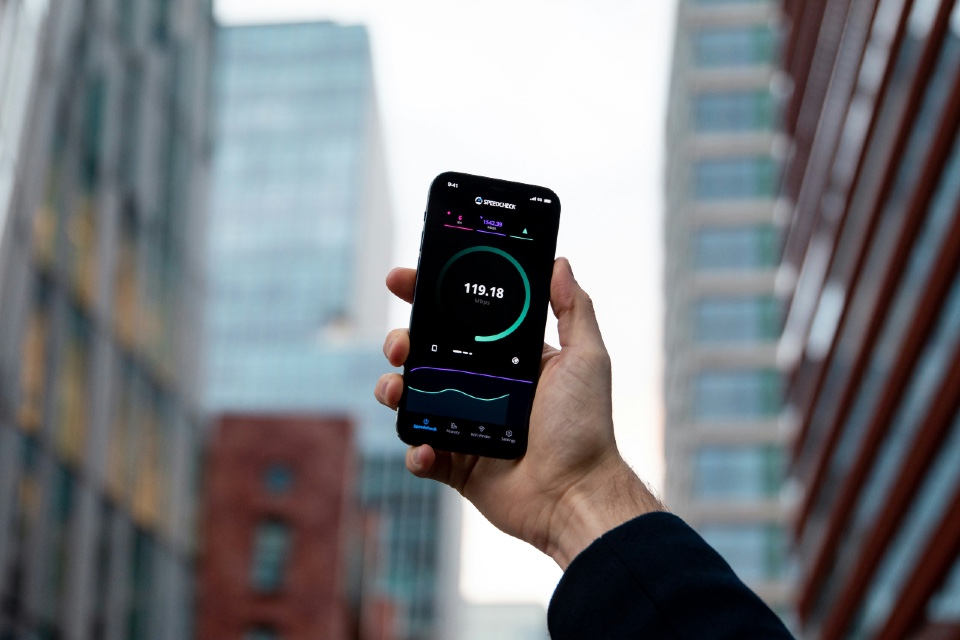Businesses expect wireless technology investment to boost their productivity by 32% on average in the three years after implementation, but latent concerns remain around security and interoperability.
36% of respondents to a Panasonic Connect Europe survey say that 5G is the most important wireless technology investment for their business, with private campus networks more popular than public networks.
One in five (22%) view WiFi 6 as the most important type of wireless technology. A substantial upgrade over its predecessor, it offers faster connections and improved resilience for networks with a high connected device load. Interest in Bluetooth and Long-Range Wide Area Networks (LoRaWAN) were similarly high (21% respectively), as organisations seek the right technology for specialist applications in their own sectors, such as supply chain logistics and manufacturing.
Overall, there is rapid progress being made with investment in wireless technology, with 41% of decision makers having already made the decision to invest in wireless projects, or are in the planning process. An additional 38% of respondents are already at the implementation stage.
However, there are challenges to overcome, with 24% of those surveyed admitting to concerns around IT security, while 22% are worried about interoperability and connectivity issues with their existing IT infrastructure. One in five are troubled about the manageability of the wireless network technology and a similar percentage report a lack of confidence in IT resources, knowledge, and skills.
“This research highlights that this is a crucial period in wireless technology investment and decision making. The advent of 5G, the evolution of WiFi, and the innovation around Bluetooth and LoRaWAN are all driving the connected world in ways that would have been unimaginable just a few years ago. Clearly, business leaders believe wireless connectivity presents enormous opportunities, but there are also challenges to overcome,” said Jan Kaempfer, Marketing Director for Panasonic Connect Europe.
“Businesses have a lack of internal expertise and resources and there is a role for technology providers to play in supporting organisations with expertise and education to instil greater confidence and plug some of the resource gaps. But overall, the picture for wireless is very positive, with a strong appetite for innovation and advanced deployment. At Panasonic Connect Europe, we’re committed to helping business leaders understand the dominant drivers for wireless technology investment, the key technologies and their applications, and how to overcome barriers.”
The survey, carried out by independent research company Opinion Matters and commissioned by Panasonic Connect Europe, questioned over 300 senior decision makers with responsibility for wireless and network technologies, across the UK, France, and Germany, in the following sectors: Retail; Logistics & Supply Chain; Manufacturing; Education; Location-based Media and Entertainment; and Public Sector and Emergency Services.
Photo by Frederik Lipfert on Unsplash





